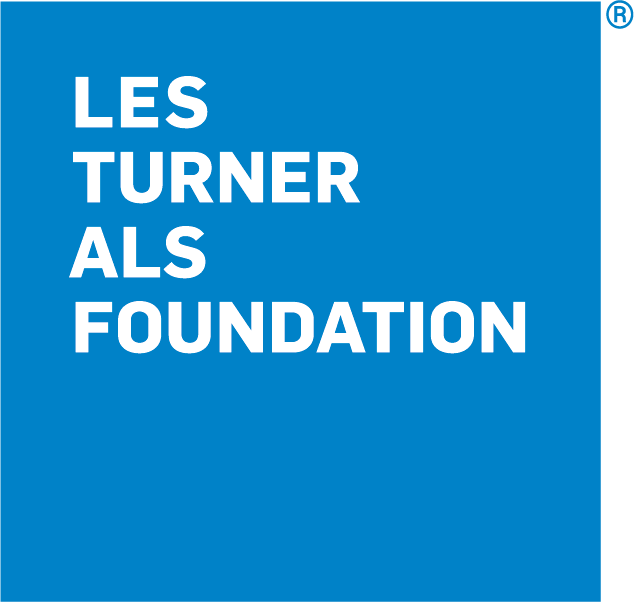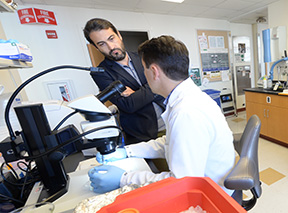We are excited to share a newly published finding from Dr. Evangelos Kiskinis, one of the lead researchers at the Les Turner ALS Center at Northwestern Medicine.
A few words from Dr. Kiskinis: “In our latest manuscript, which was published in the journal Cell Stem Cell, our team focused on understanding how stable modifications to DNA affect the generation and function of motor neurons, which are the cellular units that degenerate in ALS. Genetic information is regulated at multiple levels and one such mechanism of regulation is DNA methylation. This process is also known as epigenetic regulation and allows for a gene to be expressed or not. We believe that this additional level of genetic information (i.e. epi-genetic) might be an important factor in disease processes. In fact, previous work in mouse models has implicated DNA methylation defects with motor neuron dysfunction and degeneration, while irregular DNA methylation patterns have been identified in the brain and spinal cord of ALS patients.
In order to understand this process we used stem cells that lacked different components of the DNA methylation machinery and asked whether the stem cells could form human motor neurons and whether these motor neurons were normal. Specifically in work lead by Alberto Ortega, a talented postdoctoral fellow in the lab we discovered that one of the proteins that is responsible for methylating DNA, known as DNMT3A plays a central role in the generation and normal function of human stem cell-derived motor neurons. It does this by silencing genes and proteins that are associated with alternative lineages and enabling the expression of genes and proteins that drive the formation and normal electrophysiological function of motor neurons. This work has provided us with a platform that will allow us to address how DNA methylation is involved in ALS disease mechanisms and may trigger dysfunction in patient motor neurons.
We are incredibly grateful to the Les Turner ALS Center for the generous support, this work would not be possible without it. We would also like to acknowledge the invaluable contributions of our collaborators to this work including Kathy Quinlan, CJ Heckman, Michael Ziller, Alex Meissner and their group members.”


